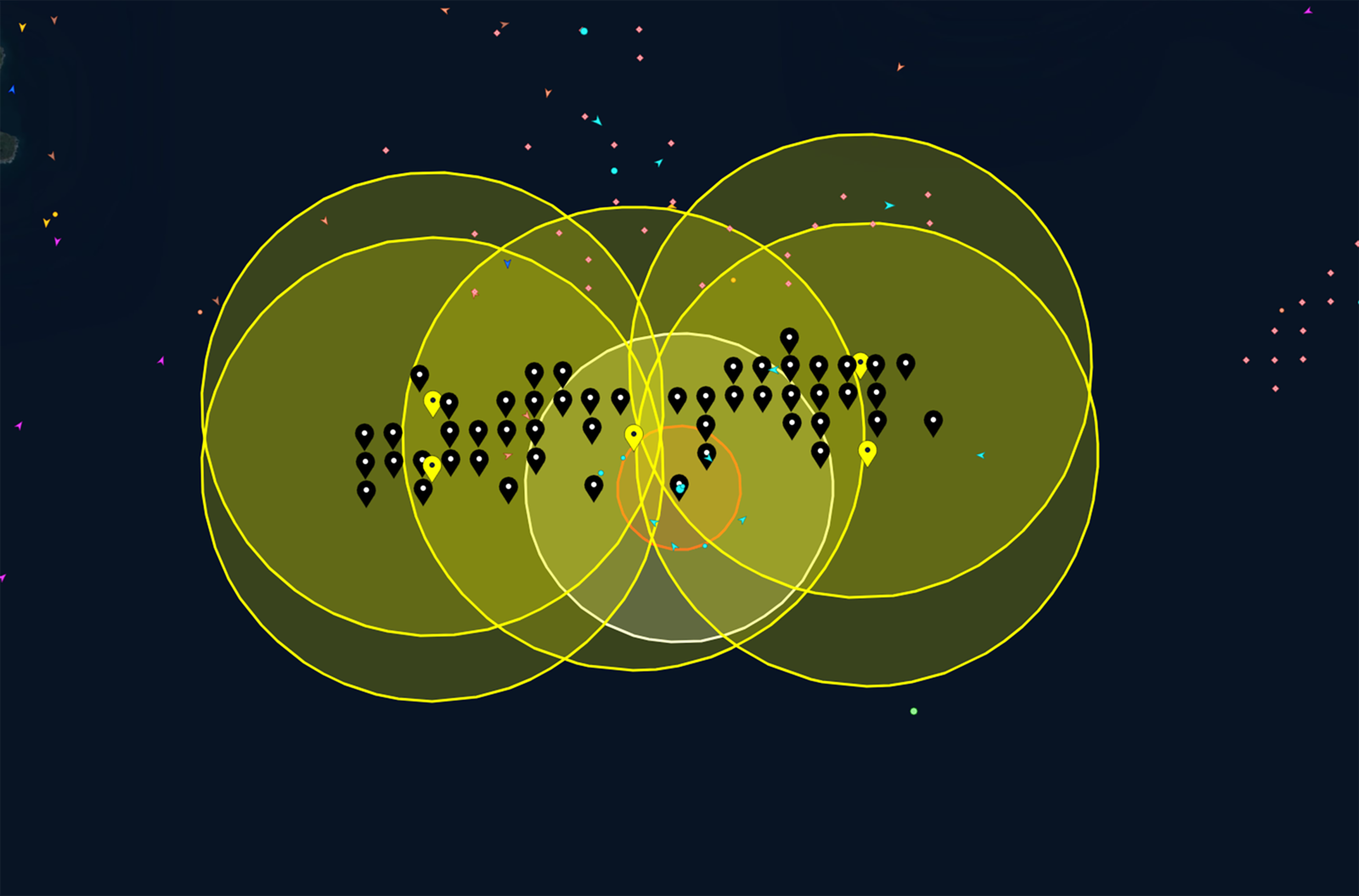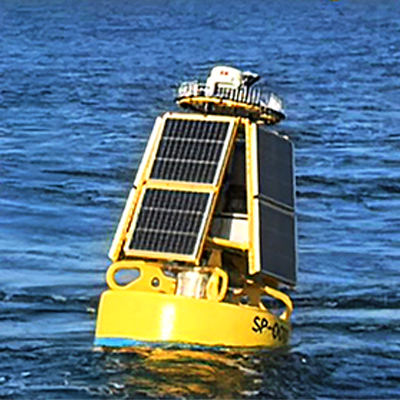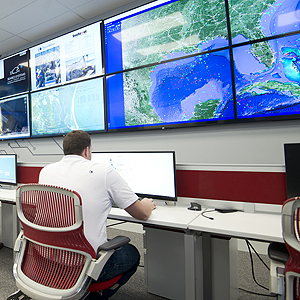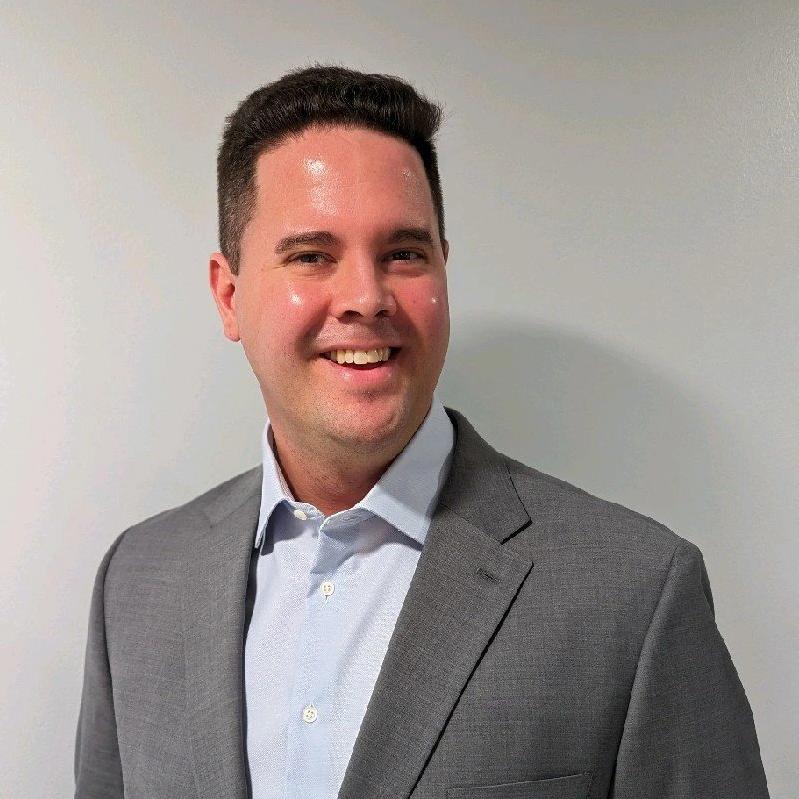Unmatched real-time detection and precise localization to ensure you know exactly when you can continue operating – and when you can't
What is PAM?
Ship strikes and construction noise threaten endangered marine species like the North Atlantic Right Whale. Regulators require mitigation, and communities expect stewardship. Our PAM service allows you to obtain both – while reducing the number of unnecessary shutdowns or slowdowns you have to endure. Our advanced sonar systems listen to sounds in the ocean and detect whale vocalizations. We classify and monitor marine mammals, so appropriate actions can be taken to protect them.
Why ThayerMahan?
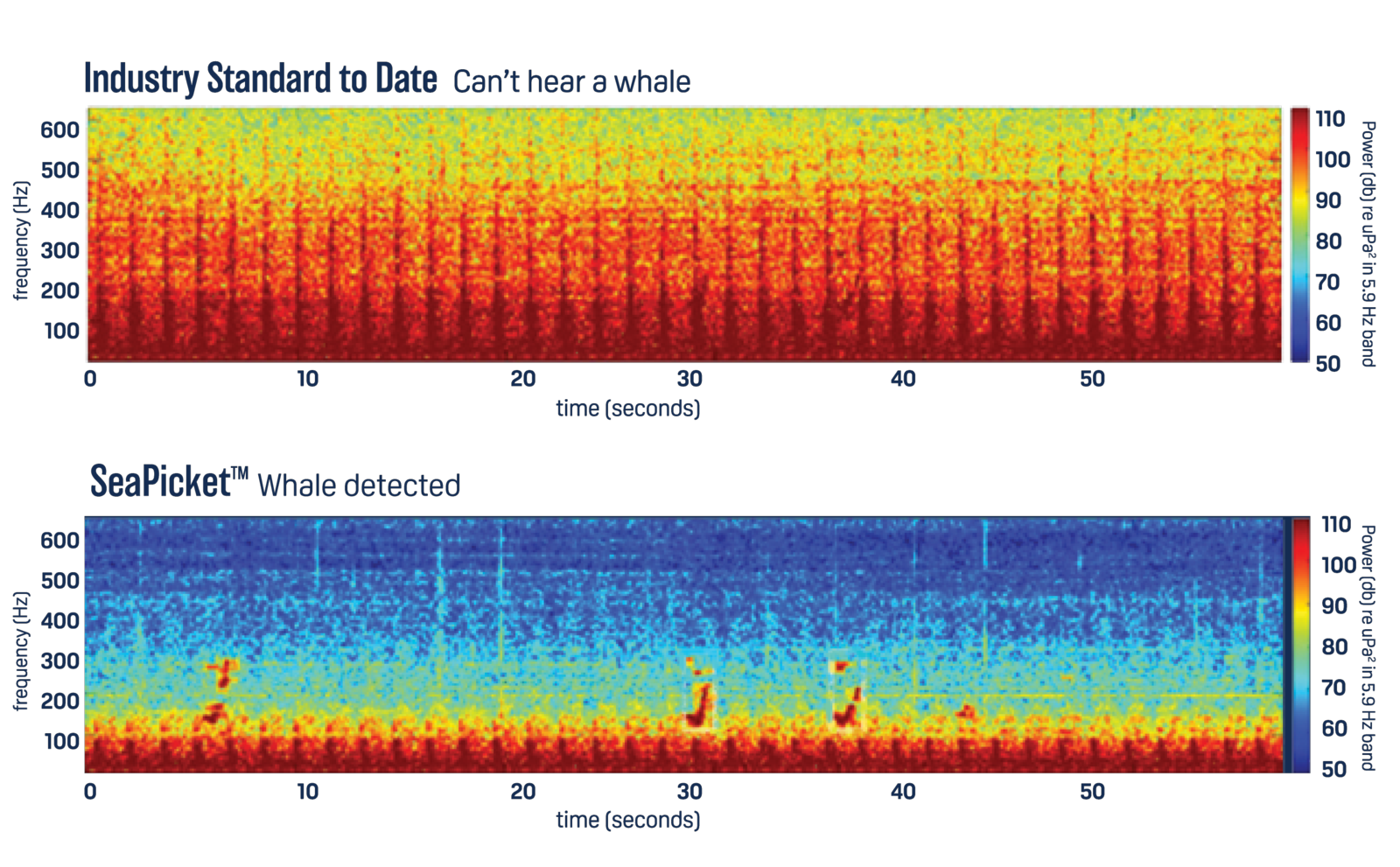
Linear Arrays with beam-formed data
Confident Compliance
No one hears like we do. Our superior technology is 3 -10x effective as standard hydrophones for detecting whales. We don't just tell you a whale was identified – we report the line of bearing of a detection, localize where the whale is at, and identify if a whale is approaching an exclusion zone. Our high accuracy means you'll have more uptime – and happier regulators.
Configurable Solutions
Alerts when you need them, silence when you don't. Our team will ensure your exclusion zones are covered throughout your project area and will tailor alerts to meet requirements from you and your regulators.
Operational Continuity
Better detection means less downtime. Don't settle for a 'solution' that is less effective and less precise. A lack of knowledge causes harm to you, your projects – and the ocean. We attenuate construction noise and detect whales further, more accurately, and more frequently than anyone else.
Unmatched Expertise
Our analysts have extensive bioacoustics training, decades of Navy sonar experience, and more than half a million hours of experience detecting and classifying noise sources. Between our people and our software, we provide the most accurate solutions available.
Watch how our systems provide maritime domain awareness
